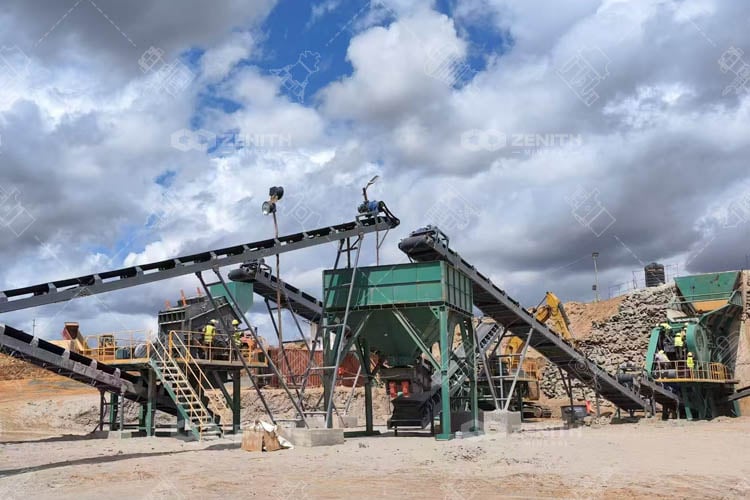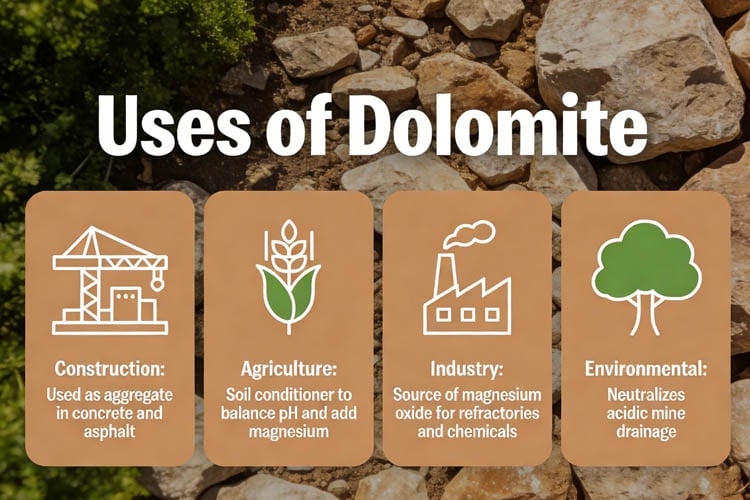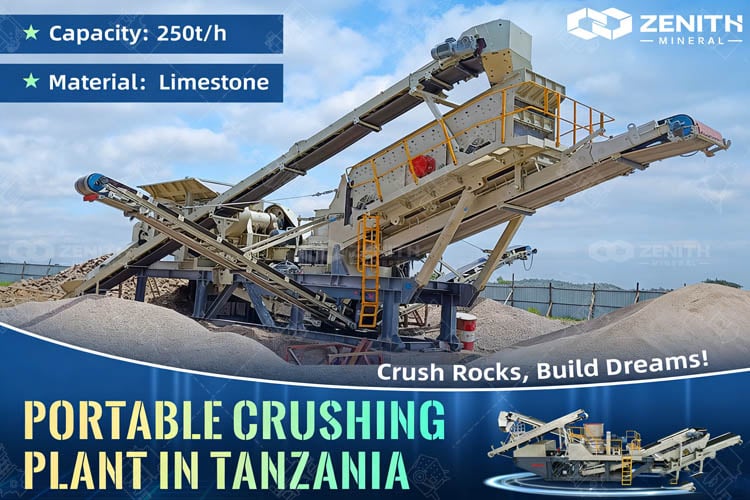Gypsum production plants vary widely in scale and level of technology. They range from plants producing one or two tonnes per day using low-cost manual technologies, to plants of a thousand tonnes per day that are highly mechanized and capable of producing different types and grades of gypsum plaster or plaster boards.
Excavation is sometimes carried out by digging out an area of ground where the gypsum is located using open-cast techniques. The following techniques in gypsum production plant includes crushing, screening, grinding, heating. The extracted gypsum will be first crushed for size reduction, and then screened to separated the different particle sizes. The oversized material will be further grinded and then conveyed for further processing.
Gypsum ore, from quarries and underground mines, is crushed and stockpiled near a plant. As needed, the stockpiled ore is further crushed and screened to about 50mm in diameter. If the moisture content of the mined ore is greater than about 0.5 weight percent, the ore must be dried in a rotary dryer or a heated roller mill.
Ore dried in a rotary dryer is conveyed to a roller mill, where it is ground to the extent that 90 percent of it is less 100 mesh. The ground gypsum exits the mill in a gas stream and is collected in a product cyclone. Ore is sometimes dried in the roller mill by heating the gas stream, so that drying and grinding are accomplished simultaneously and no rotary dryer is needed.
Gypsum powder production line is grinding process, for example in a ball, rod, or hammer mill, is necessary if the gypsum is to be used for high quality plasterwork or for moulding, medical, or industrial applications.

Learn proven ways to reduce crushing plant operating costs, including equipment selection, energy efficiency, wear part control, and process optimization to lower cost per ton and improve ROI.

This article will explore 10 prominent uses of dolomite, shedding light on its versatility and highlighting its importance in today’s global economy.

Discover the cost of portable crushing plants in Tanzania. Learn factors affecting price, capacity, mobility options, and how to choose the right solution for your mining or quarry project.
Fill your requirements here, and we'll send the custmized solution and quotation to you by the reserved contact information.